
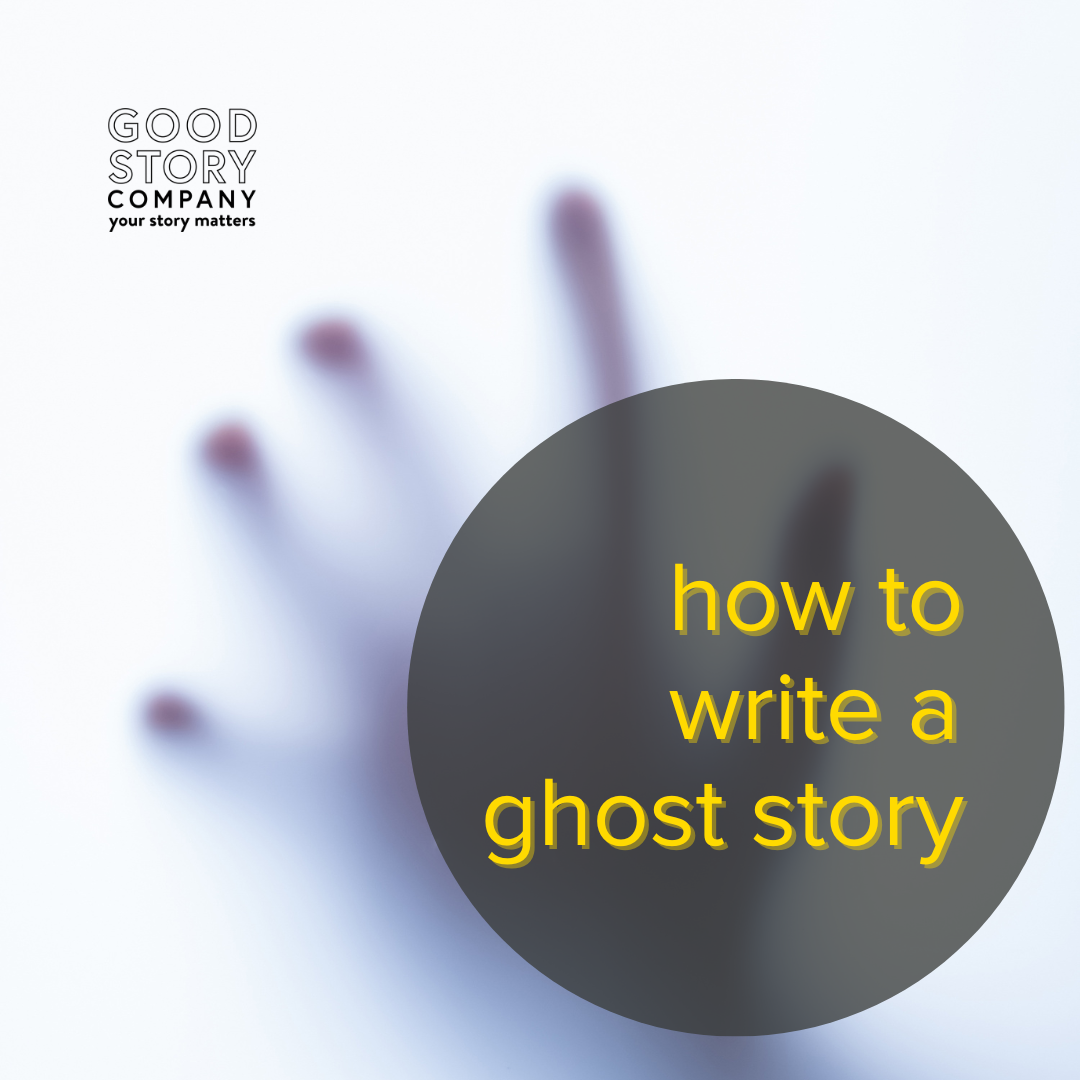
How to Write a Ghost Story
Trick, treat, and keep the thrills and chills alive by learning how to write a ghost story. Here are some tips for crafting a spooky tale that’ll scare the socks off readers this Halloween season.
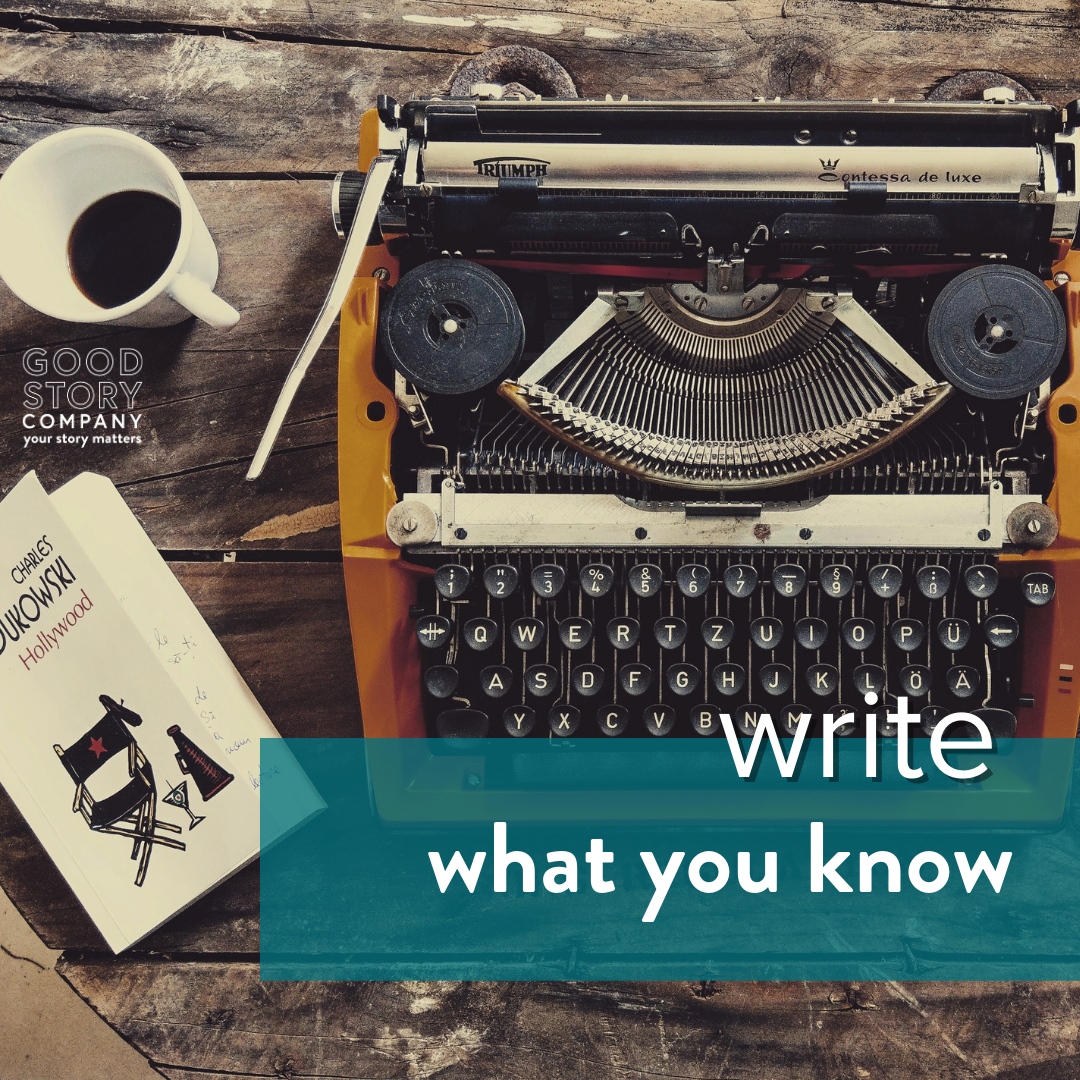
Write What You Know
“Write what you know” is common advice, but it can feel like an attempt to limit creativity. You write to discover new places and understand different points of view. If you only write what you know, how can you write about what you don’t know?

Writing Descriptions
Dust motes swirling in the gloom are enchanting, but do you really need to describe them in detail? Let’s look at some guidelines for writing descriptions so you can quench your thirst for gorgeous imagery without sacrificing the pacing of your story.

More Than Words: Avoid Clichés
As writers, we know we should try to avoid clichés and stereotypes. But you might not think of unique imagery as you’re writing your first draft, so you drop in a cliché as a placeholder. When revisiting a manuscript to self-edit, though, many writers often overlook the cliché that’s right in front of them: the clichéd image.

Art Speaks: Creating Wordless Picture Books
If you’re an author/illustrator in the picture book business, you probably feel like you’re at an advantage. While there is value in being able to create an entire work on your own, I’d like you to imagine not using your words. What does it look like to create wordless picture books?
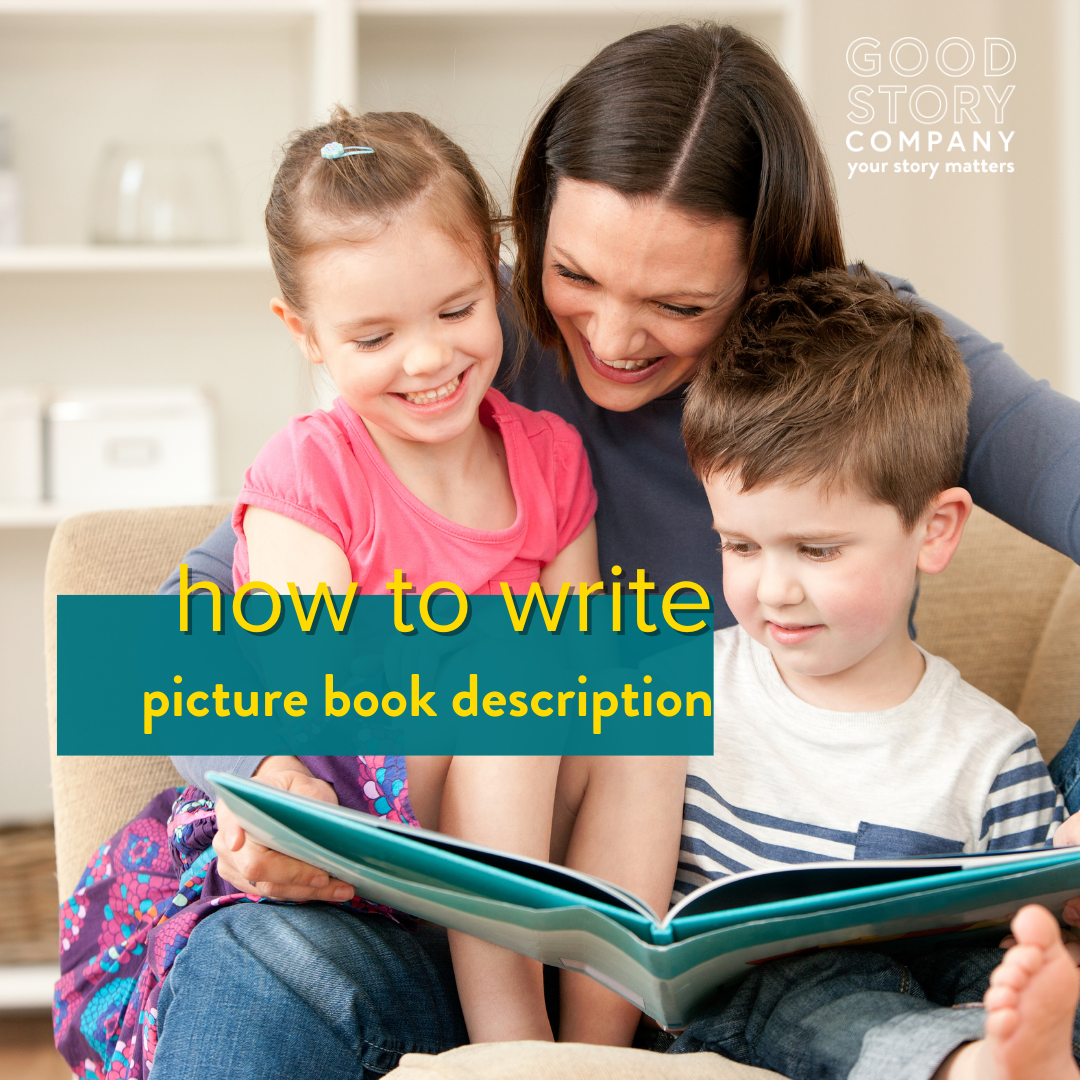
How to Write Picture Book Description
With only 600 words to work with, there’s not much space for picture book description. Let’s make every word count and bring your story to life.
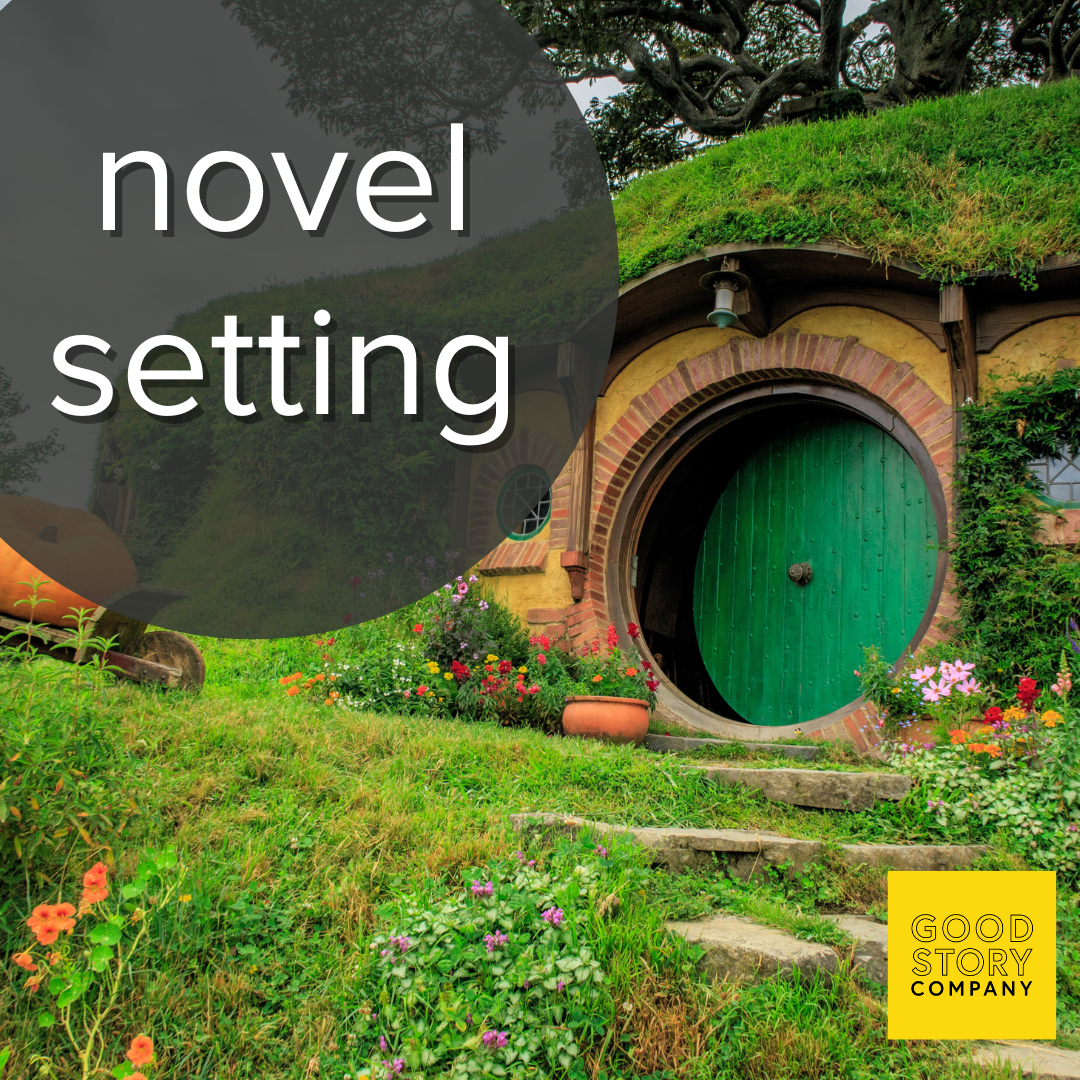
Novel Setting: Where’s It Gonna Be?
Your novel has to be somewhere. It can be anywhere! But setting is not an arbitrary detail: it can make all the difference.

Creative Nonfiction
Nonfiction gets a bad rap for being dry and dull, but it doesn’t have to be. Many of the same liberties can be taken in creative nonfiction as in fiction. If you have something important to share with the world from your own life, this may be your category. Some literary flair can amp up your story and make it more approachable to your readers.

Avoid Overwriting
Overwriting happens often in early drafts, as writers try to get the story down and figure they’ll fix things later. Sometimes details draw us in, but often they can distract readers, pushing them to think about unrelated things ... and then to stop reading.

Descriptive Writing Tips
These descriptive writing tips will help you create impactful imagery that supports your story.
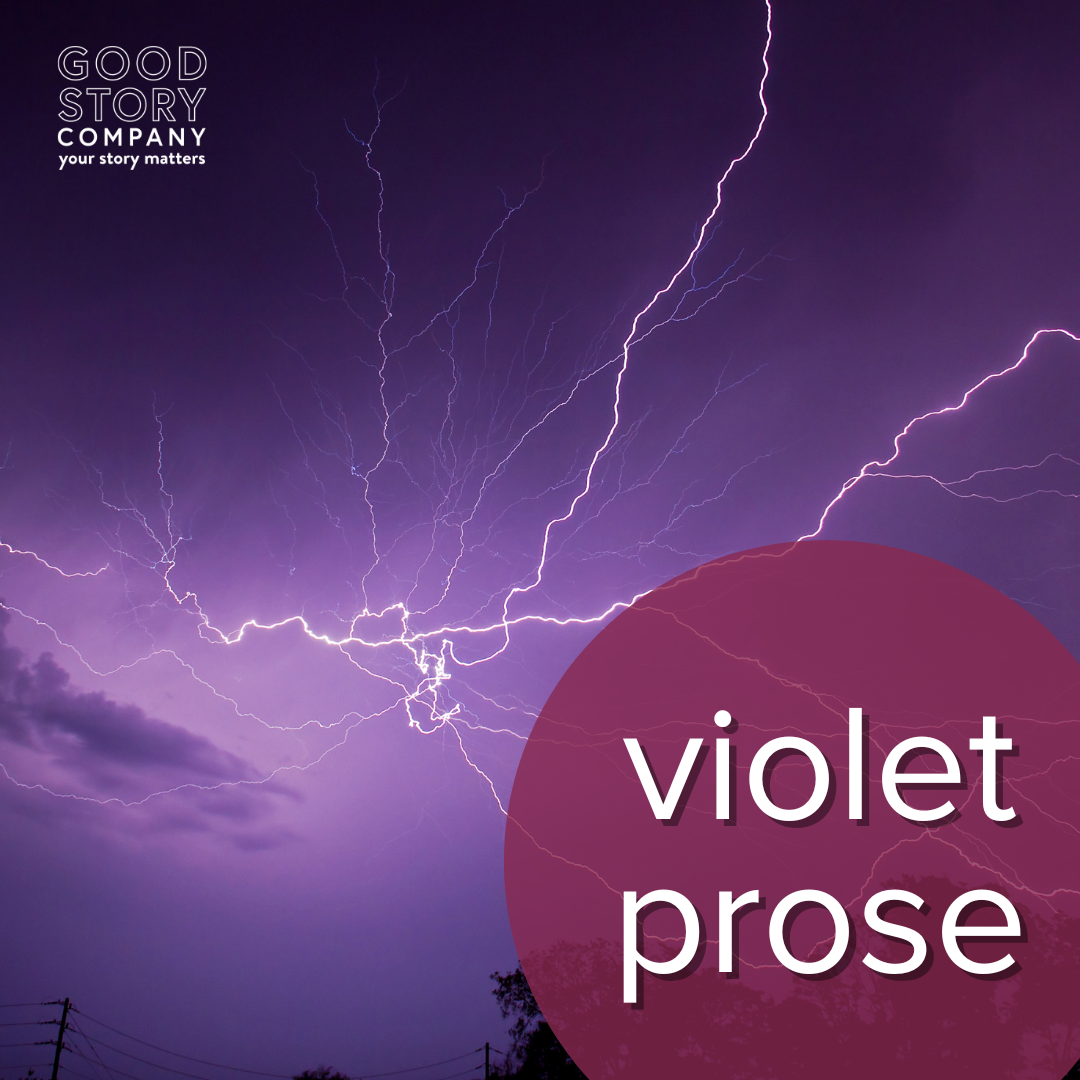
Violet Prose in Writing
Violet prose—an ominous and sometimes confusing term. What is it, and how do we avoid it in our writing? Or … is it really that bad?
